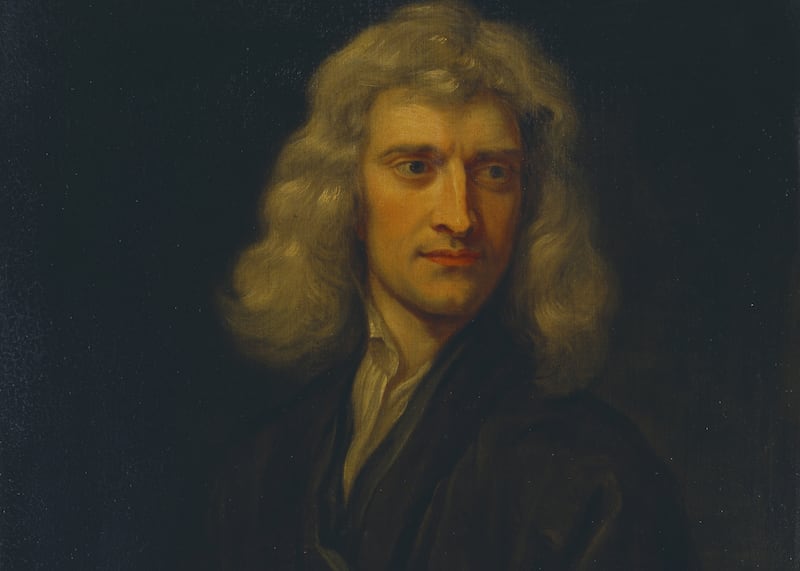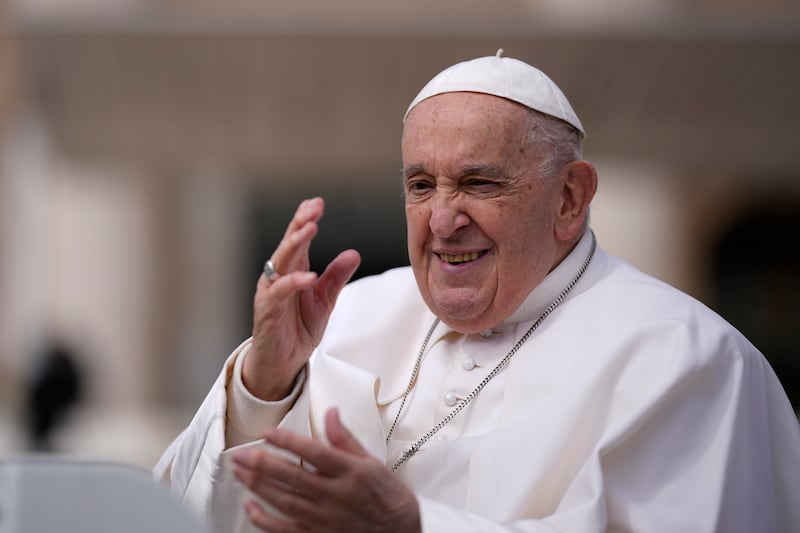Many of us enjoyed watching the Olympics from Paris this summer as athletes gathered to break world records. But earlier this year I was disappointed to hear that one record came to an end.
Lyle’s Golden Syrup had held the Guinness World Record of the world’s oldest unchanged brand packaging, having remained nearly identical since 1888. Lyle’s syrup was to undergo a rebrand, dropping the dead lion surrounded by bees as well as the Biblical quotation from the Book of Judges: “Out of the strong came forth sweetness.”

The company’s founder, Abram Lyle, had strong religious views, which is why the logo depicts the story of Samson from the Old Testament, in which Samson killed an attacking lion, and later noticed a swarm of bees had formed a comb of honey in the carcass.
A company spokesperson said the firm needed to show consumers it was moving with the times and meeting their current needs. Commentators said the rebrand would help to reduce the risk of excluding potential buyers. “The story of it coming from religious belief could put the brand in an exclusionary space, especially if it was to go viral on X or TikTok,” one London professor of marketing said.
Christians as well as honest historians will be concerned. A brief analysis of the impact of Christianity on Western civilization demonstrates that there are many reasons we should cherish Christian heritage rather than try to eliminate it from the culture.
A recent book by Dr Thomas Woods, How the Catholic Church Built Western Civilization, highlights the many positive contributions of Christianity to the world we live in. Let’s look at three of them in more detail: universities, science and law.
We have the Catholic Church to thank for one of Western civilization’s greatest intellectual contributions to the world: the university system. Nothing like it had existed in ancient Greece or Rome.

Before universities were established, the Church ran cathedral and monastic schools that focused on training clergy. There schools were to become precursors to universities. Notable early universities include the University of Bologna (1088), often considered the first university, established with the support of both the Church and secular authorities.
The University of Paris (1150) became a leading centre of scholastic thought and was supported by both the papacy and the local bishop. Both the universities at Oxford and Cambridge emerged from religious institutions and received support from the Church. The Church, according to one historian, was “the only institution in Europe that showed consistent interest in the preservation and cultivation of knowledge”.
Today we take for granted that the universe is rational and orderly – therefore enabling scientific investigations - but this basic fact had eluded entire civilizations
Today’s culture rightly celebrates the positive contributions of science to many aspects of daily life. Christianity played an important role in fostering an environment conducive to scientific inquiry; the Christian tradition understands God and, by extension, his creation as rational and orderly.
Today we take for granted that the universe is rational and orderly – therefore enabling scientific investigations - but this basic fact had eluded entire civilizations. It was no surprise that scientific pioneers were devout Christians. Isaac Newton was deeply religious and believed his scientific work revealed divine order; Johannes Kepler, who formulated the laws of planetary motion, saw his work as uncovering God’s geometric plan for the universe; Robert Boyle, known as the father of modern chemistry, wrote extensively on the compatibility of science and religion.
We also have Christianity and Catholic theologians specifically to thank for the modern legal system and the idea of international law.
Up until the early 1500s, laws governing the interaction of states remained vague and had never been clearly articulated. This was to change in the wake of Christopher Columbus’s discovery of the Americas in 1492. Under Columbus’ administration, the Spanish colonists implemented a colonial system of forced labour and slavery of many of the natives, leading to severe exploitation and abuse.
In 1511 Catholic Dominican Friar Antonio de Montesinos condemned the Spanish authorities in his sermons, news of which reached King Ferdinand of Spain, who called together a group of theologians and jurists. This work helped to set the stage for the more systematic and lasting work of some of the great 16th century theological jurists, the most illustrious of whom was Father Francisco de Vitoria.

As Woods notes in his book, “In the course of his own critique of Spanish policy, Vitoria laid the groundwork for modern international law theory, and for that reason is sometimes called ‘the father of international law’, a man who ‘proposed for the first-time international law in modern terms’.”
The 1948 Universal Declaration of Human Rights was significantly influenced by Catholic teaching and thought. Its emphasis on natural law, human dignity, social justice and the common good has helped shape the moral and ethical framework that underpins the UDHR. It’s worth remembering that the insistence on the uniqueness and value of each person, by virtue of the immortal soul, was nowhere to be found in the ancient world.
Those saddened by the Golden Syrup rebrand will be pleased to hear that the classic tin is excluded from the changes, keeping its more than 150-year-old packaging design. Nevertheless, the rebrand remains a remarkable image of modern secularisation.
How the Catholic Church Built Western Civilization by Thomas Woods is published by Regnery History









